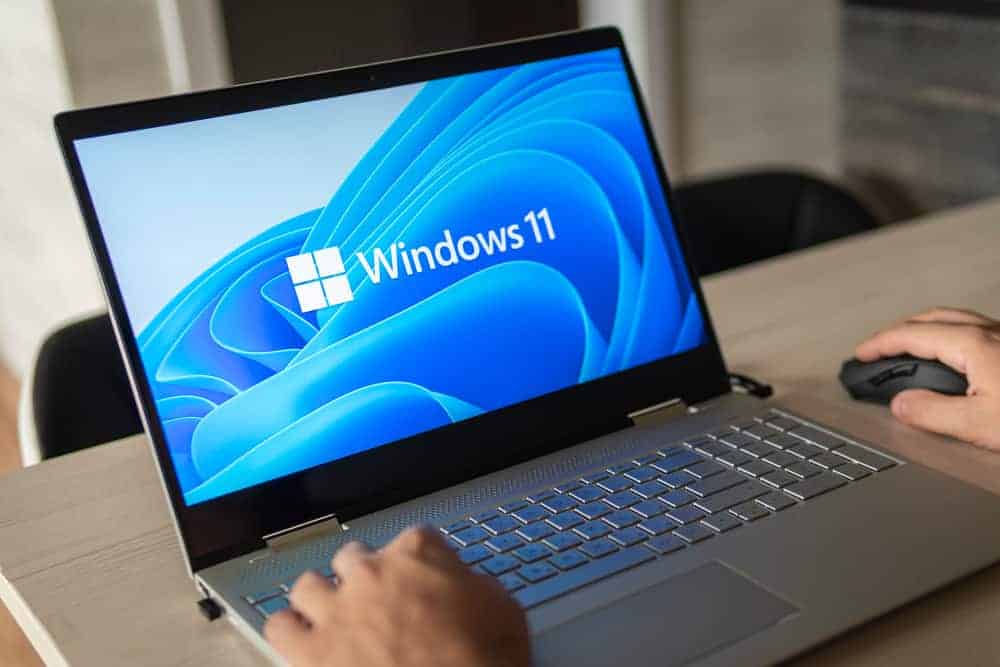
"Microsoft has confirmed that it is investigating reports of data corruption and SSD failure after installing the cumulative update KB5063878 for Windows 11 version 24H2. The update, which has been available since August 12, may cause drives to disappear or partitions to become unusable under certain circumstances. Users report that SSDs sometimes appear as RAW or are simply no longer recognized by the operating system."
"The problems seem to occur mainly during heavy writing activities, such as writing dozens of gigabytes of data in a short period of time. In practice, this often happened after downloading and installing large game updates. The risk increases when an SSD is already mostly full, making the error more visible. Various symptoms have been reported, including Explorer freezing, unreadable SMART values, and error messages during input/output operations."
"Phison, a supplier of widely used SSD controllers, acknowledges that there may be a link between the recent updates and the malfunctions. The company is working with Microsoft and other partners to identify the cause. Users suspect that a memory leak in the buffer that Windows uses for storage operations may be playing a role. This prevents the drive cache from being emptied properly. Microsoft has confirmed that it is actively working with hardware partners to find a solution."
KB5063878 for Windows 11 version 24H2 has been linked to SSD failures and data corruption, causing drives or partitions to disappear or become unusable. Failures often occur during heavy writing operations, such as downloading or installing large game updates, and are more likely when SSDs are mostly full. Reported symptoms include Explorer freezing, unreadable SMART values, and I/O error messages. Phison acknowledges a potential link and is collaborating with Microsoft and partners to investigate. Users suspect a Windows storage buffer memory leak preventing drive cache flushing. Users are advised to avoid heavy transfers and maintain current backups.
Read at Techzine Global
Unable to calculate read time
Collection
[
|
...
]